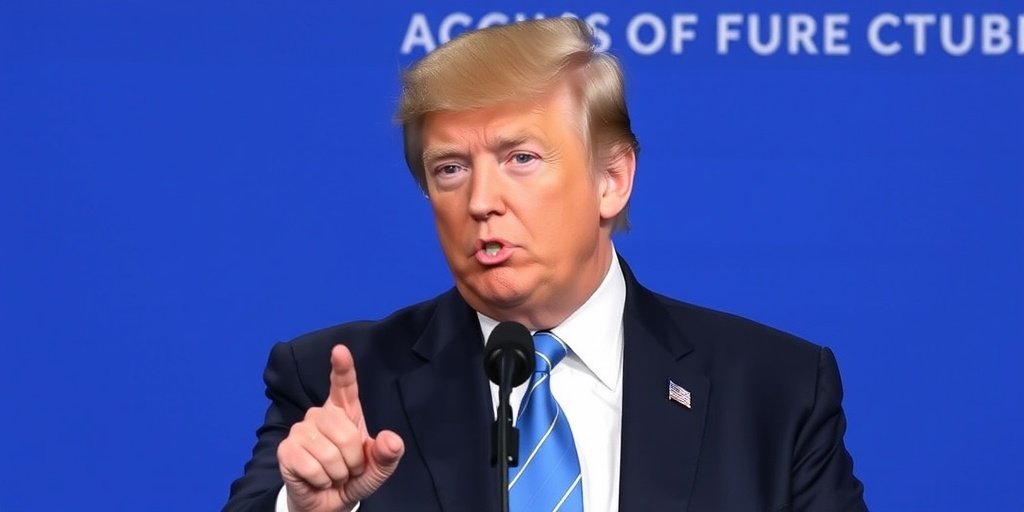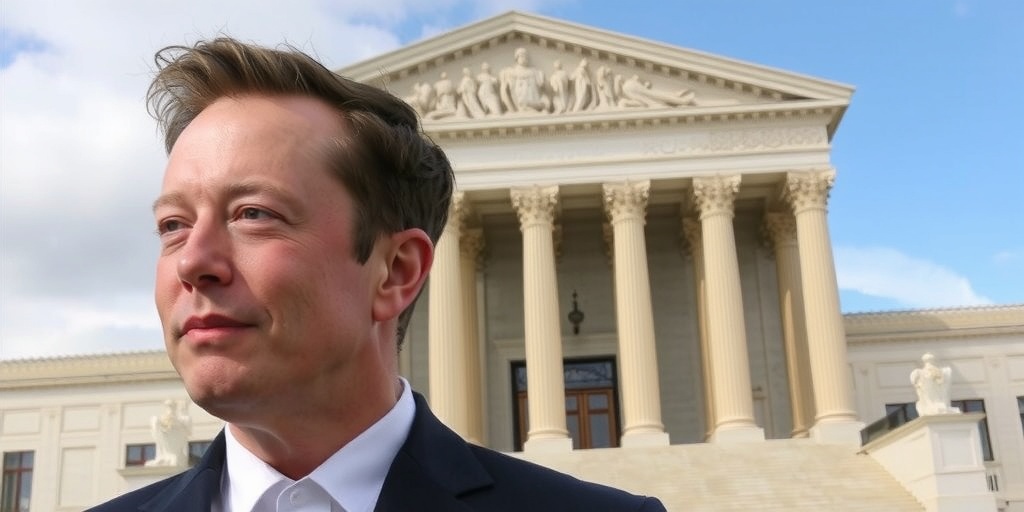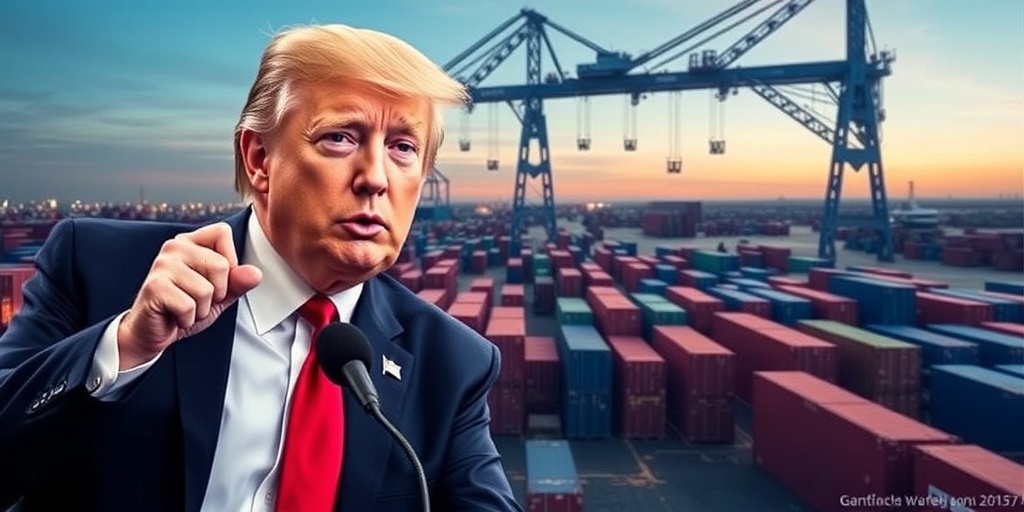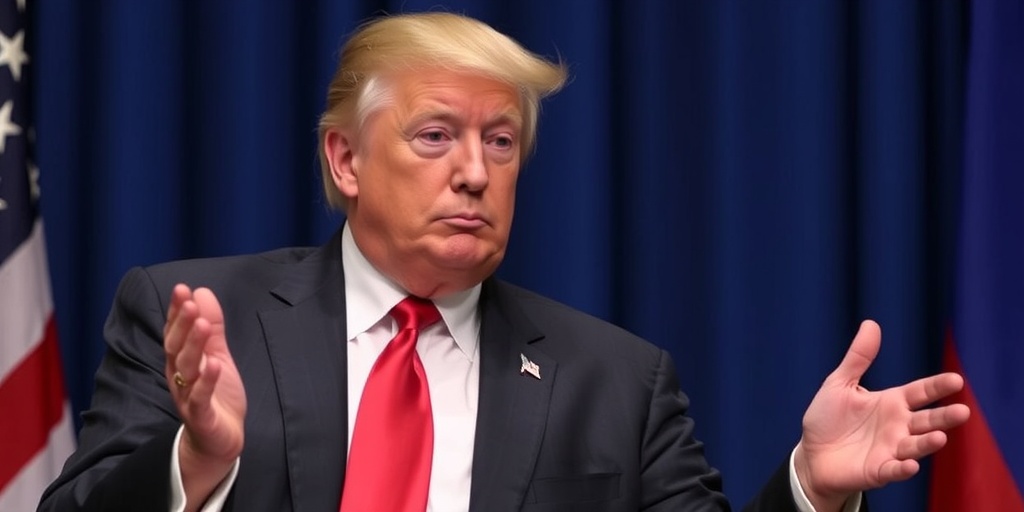Now Reading: Trump Optimistic on Russia-Ukraine Cease-Fire, Zelensky Skeptical
-
01
Trump Optimistic on Russia-Ukraine Cease-Fire, Zelensky Skeptical
Trump Optimistic on Russia-Ukraine Cease-Fire, Zelensky Skeptical

Trump Optimistic About Potential Ukraine-Russia Ceasefire Amidst Diplomatic Discussions
In a noteworthy turn of events, President Donald Trump expressed on Thursday his optimism regarding the possibility of a 30-day ceasefire agreement between Russia and Ukraine. While addressing the media in the Oval Office, alongside NATO Secretary General Mark Rutte, Trump indicated that there were “good signals” emerging from ongoing talks aimed at ending the conflict that has plagued Eastern Europe. These comments come as U.S. officials are set to meet with Russian President Vladimir V. Putin in Moscow, a critical step in the diplomatic process.
During the press conference, Trump acknowledged the complexity of the situation, underscoring that the discussions currently underway require substantial progress before any definitive conclusions can be drawn. “It doesn’t mean anything until we hear what the final outcome is, but they have very serious discussions going on right now with President Putin and others, and hopefully they all want to end this nightmare,” Trump remarked, referring to the discussions led by Steve Witkoff, his Middle East envoy, who is currently in Russia. The President described the ongoing war as a “nightmare” and emphasized that the escalation of conflict is not beneficial for any party involved.
In a stark contrast to Trump’s hopeful rhetoric, Ukrainian President Volodymyr Zelensky conveyed a more pessimistic viewpoint during his evening address to the nation. He critiqued Putin’s response to the ceasefire proposal, which he described as “very predictable.” Zelensky noted that Putin has set multiple preconditions for a truce that may hinder any progress toward peace: “That nothing will work out at all, or that it will not work out for as long as possible,” he warned, reflecting the grim reality that lies ahead for the negotiations.
Adding to the intricacy of these discussions, Trump mentioned that the U.S. has explored potential concessions with Ukraine, stating, “We’ve been discussing with Ukraine land and pieces of land that would be kept and lost, and all of the other elements of a final agreement.” This acknowledgment indicates that detailed conversations about the terms of a possible peace deal have already commenced but emphasizes the challenging road ahead with many unresolved issues.
Despite his often critical stance on NATO, Trump’s meeting with Rutte appeared to bolster diplomatic ties, with both leaders discussing avenues for enhanced cooperation during their press conference. Rutte, who previously served as the Prime Minister of the Netherlands, commended Trump for his leadership in urging NATO allies to increase their military spending. “I really want to work together with you in the run-up to The Hague summit to make sure that we will have a NATO which is really reinvigorated under your leadership, and we are getting there,” Rutte stated, also referencing an upcoming NATO meeting in the Netherlands this summer.
Historically, American presidents have expressed concern over European allies’ spending on defense, with Trump elevating the dialogue to alarming levels. He has hinted that the U.S. might reconsider its mutual defense commitments for countries that fail to meet NATO spending benchmarks. This sentiment, combined with Trump’s more conciliatory approach toward Russia and his tariff policies impacting member states, has led to a rift within the alliance. Some nations are beginning to contemplate a future less reliant on U.S. backing, a significant shift that could reshape global geopolitical dynamics.
Amidst the ongoing conversation, Rutte deftly maneuvered away from potentially contentious issues that could ignite further conflict, reminiscent of tense moments from earlier meetings, such as Trump’s controversial encounter with Zelensky earlier this year. When asked about ongoing discussions regarding the U.S.’s interest in annexing Greenland—a territory governed by Denmark, a NATO member—Trump suggested that Rutte might play a pivotal role in facilitating that conversation. “We have to do it,” Trump declared, citing national security as the primary justification for his territorial ambitions.
Yet, Rutte appeared hesitant to delve into the topic of Greenland, redirecting the discussion towards a shared concern regarding the threats posed by Russia and China to the Arctic region, thereby steering clear of any potential diplomatic fallout.
As the situation continues to unfold, the world watches closely to see how the negotiations will evolve, weighing the conflicting perspectives that have emerged from both American and Ukrainian leadership. The looming question remains: can diplomacy pave the way to lasting peace, or will entrenched positions and preconditions from Moscow stymie potential resolutions? Only time will tell as the stakes remain high for Eastern Europe and beyond.
Stay Informed With the Latest & Most Important News
Previous Post
Next Post
-
 01New technology breakthrough has everyone talking right now
01New technology breakthrough has everyone talking right now -
 02Unbelievable life hack everyone needs to try today
02Unbelievable life hack everyone needs to try today -
 03Fascinating discovery found buried deep beneath the ocean
03Fascinating discovery found buried deep beneath the ocean -
 04Man invents genius device that solves everyday problems
04Man invents genius device that solves everyday problems -
 05Shocking discovery that changes what we know forever
05Shocking discovery that changes what we know forever -
 06Internet goes wild over celebrity’s unexpected fashion choice
06Internet goes wild over celebrity’s unexpected fashion choice -
 07Rare animal sighting stuns scientists and wildlife lovers
07Rare animal sighting stuns scientists and wildlife lovers





















